Here Are Some of My Favorite Highlights from IAPHS 2018 – What Are Yours?
Christine BachrachThank you to everyone who made IAPHS 2018 – Pushing the Boundaries of Population Health Science: Social Inequalities, Biological Processes, and Policy Implications – such a success!
The Blog will be featuring posts on selected sessions in the coming weeks. IAPHS members will also be able to view videos of the three plenary sessions and five other key sessions – we’ll let you know when they are posted!
In the meantime, here are a few of my favorite moments:
An outstanding symposium hosted jointly by IAPHS and the National Academy of Medicine’s Roundtable on Population Health Improvement, with insights about the poor US performance in health, research-policy-practice connections, and the efforts being made in public health practice. Some videos are posted already from this event!
A personal favorite of the symposium highlights: Paula Lantz’s critique of the the “medicalization” of population health, in which nonmedical social issues become viewed as medical problems or individual pathologies. “Expecting the clinical care system to address these issues is well beyond reality,” said Lantz.
Hearing Thom McDade and Kathie Mullan Harris discuss the unprecedented opportunities for biosocial applications in population health and science. The idea that human biology is social biology and the complex challenges of studying biosocial interactions across the lifecourse were two key themes. Jenn Dowd’s wonderfully thoughtful commentary on the value and pitfalls of biosocial approaches was the icing on the cake: does focusing on biological mechanisms take too much focus away from upstream determinants?
Provocative sessions on structural racism, policing and health organized by Maeve Wallace and Amanda Geller. Speakers at Geller’s session reported associations between police contact and PTSD, anxiety, poorer sleep, somatic complaints, and, among MSM of color, internalized homophobia and personalized stigma. In another session, Chris Browning linked police contact to increased nightly cortisol. My question – are we studying the health effects of interventions to change policing practices?
Sessions on housing and home environments that drew speakers from the social sciences, public health, medicine and public health departments. Lorna Thorpe’s session examined the impact of smoke-free housing on health, while Theresa Osypuk’s considered health effects of housing’s material and spatial dimensions as well as subjective meanings of house and home.
Questions posed to Joshua Denny about the NIH All of Us study in the final plenary: Amazing data, but have we done conceptual thinking about on how to use it? Is there enough attention to upstream determinants? What about inherent biases in data from a volunteer sample? How will we you ensure that these biases don’t lead analysts to draw wrong conclusions?
The buzz at the poster sessions and congratulating poster award winners Michael Esposito, Danielle Gartner, Iliya Gutin, Patricia Homan, Ying Huang, and Ellicott Matthay.
Courtney Boen’s Friday tweet: So many great sessions at my first @ia4phs meeting. Kudos to the organizers! Definitely plan to attend in the future. @CourtneyBoen
Thank you to all attendees, speakers, organizers, volunteers, discussants, and program planners for a fantastic and inspiring #pophealth2018 conference. We’re building a phenomenal community, thanks to you all. See you in Seattle in 2019 (bring your fleece jacket and a raincoat!)
And a final huge thank you to the conference sponsors – you made it all possible.
What are your favorite highlights or take-away messages?
(photos credit: Amy Hart. To view more photos, visit https://amyhart.smugmug.com/Pop-Health/IAPHS/IAPHS-2018)

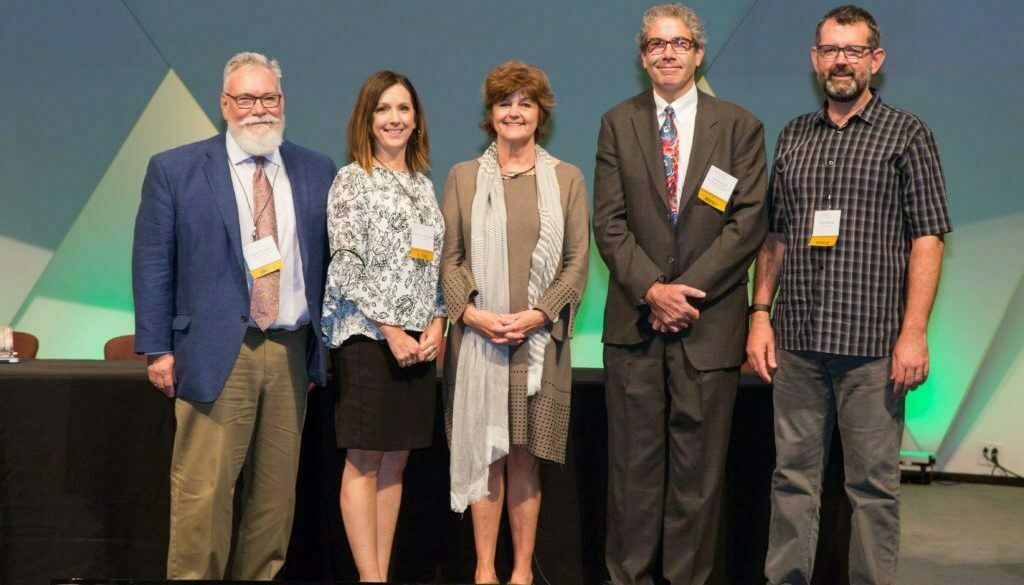
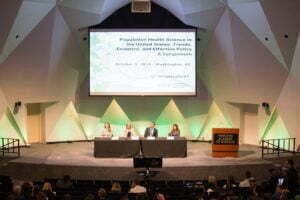
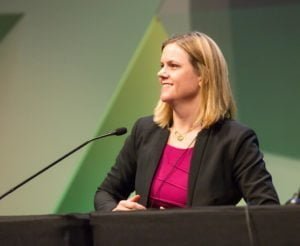
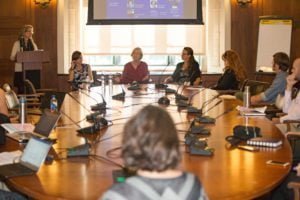
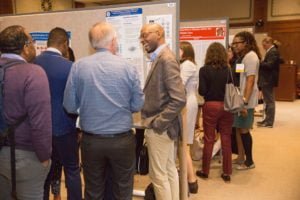
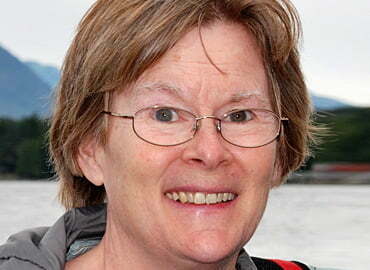
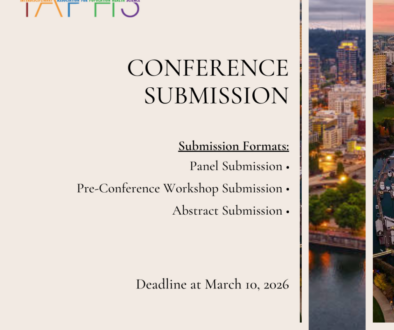
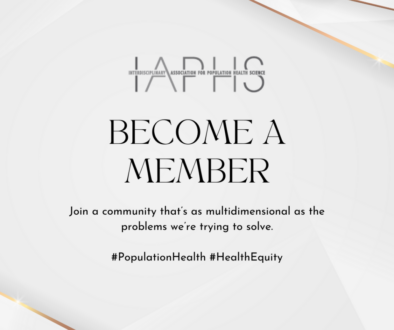
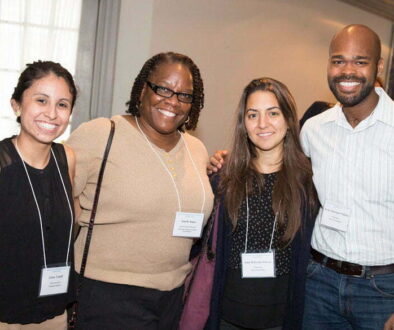
All comments will be reviewed and posted if substantive and of general interest to IAPHS readers.